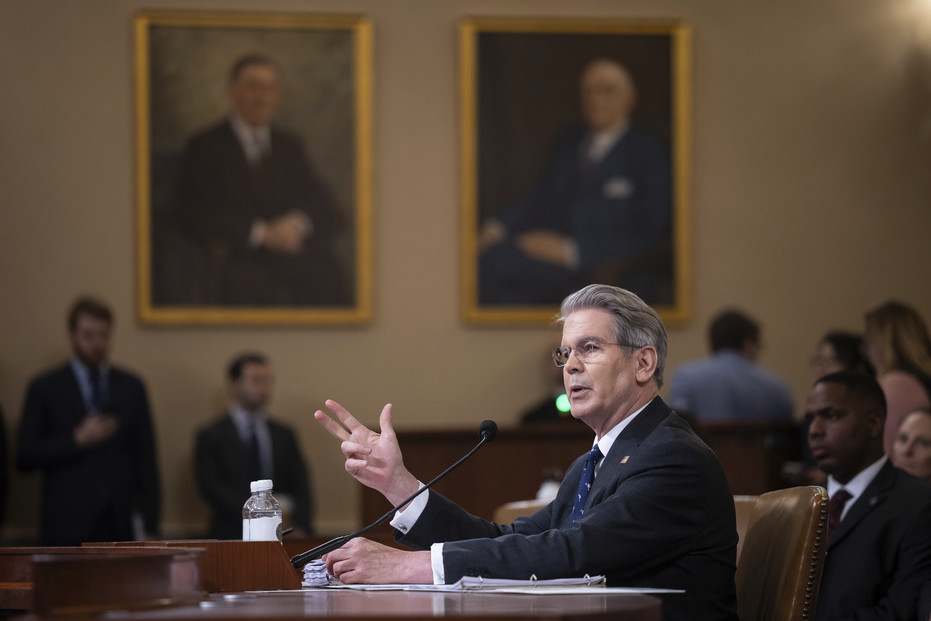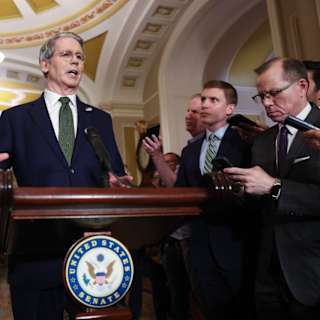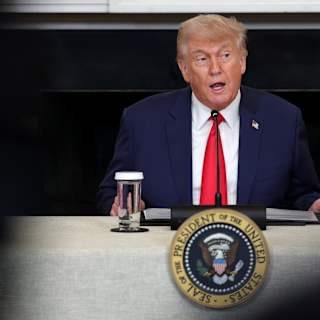- Treasury Cites G7 Understanding
- Wall Street Concerns Drive Opposition
- Political Implications
Treasury Secretary Scott Bessent on Thursday asked Republicans in Congress to strip a controversial "retaliatory tax" provision from their sweeping budget legislation, citing a new agreement with G7 partners that he said would protect American businesses from unfair foreign taxation.
The request to remove Section 899 from the GOP's massive domestic policy bill comes as lawmakers face mounting pressure to finalize the legislation before President Trump's July 4 deadline, while struggling to resolve disputes over healthcare provisions that have complicated the bill's passage.

Bessent said he had secured an "understanding" with G7 countries that would not impose a global minimum tax on U.S. businesses, making the retaliatory measure unnecessary12.
"After months of productive dialogue with other countries on the OECD Global Tax Deal, we will announce a joint understanding among G7 countries that defends American interests," Bessent wrote on X2.
The provision, known alternatively as the "revenge tax," would have given Trump authority to impose taxes up to 20% on investors from countries deemed to impose "unfair" taxes on American companies13. It was designed to combat the Organization for Economic Cooperation and Development's global tax framework, which includes a 15% minimum corporate tax rate that Republicans argued penalized U.S. businesses43.
The measure had attracted considerable scrutiny from investors who feared it would diminish appetite for foreign investment in the U.S., according to Qz1. Fund managers and venture capital firms warned it could disrupt financial markets already unsettled by Trump's tariff threats2.
House Ways and Means Chairman Jason Smith had defended the provision as "precise and specific," arguing it would apply only to taxes implementing the OECD plan3. "If these countries withdraw these taxes and decide to behave, we will have achieved our goal," Smith said in a June statement3.
The removal eliminates a modest revenue source from the legislation. The Senate version would have generated $52 billion over a decade, less than half of the House's more aggressive approach1.
GOP lawmakers welcomed Bessent's announcement. "We are moving in the right direction to protect American tax sovereignty and American multinationals," said Rep. Kevin Hern, chair of the House GOP Policy Committee1.
The development comes as Trump pushes for passage of the legislation, which would add approximately $3 trillion to the federal government's $36.2 trillion debt2. Andrew Lautz, a tax expert at the Bipartisan Policy Center, noted the revenue "was always a bit speculative, given part/all of the intent of 899 was to get countries to change their behavior"1.



